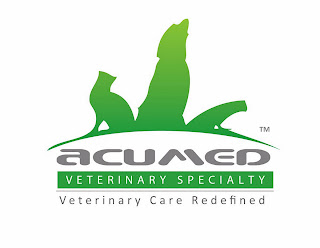Dr. Prathmesh Deshmukh will be the Key-note speaker at the
India International Pet Trade Fair ( IIPTF ) 2014.
Event Details : Click to View
Date : 19th January,2014.
Time : 10.30am to 1.00pm
Venue : Laxmi Lawns,133, Magarpatta City, Pune, Maharashtra
RSVP : Facebook Event
He will be addressing the commonly presented issue - Spinal diseases in
Veterinary Practice. There will be discussion about how to diagnose and manage
them . He will also be discussing the recent advances inEvent Details : Click to View
Date : 19th January,2014.
Time : 10.30am to 1.00pm
Venue : Laxmi Lawns,133, Magarpatta City, Pune, Maharashtra
RSVP : Facebook Event
Neuro-imaging techniques & Pain management.
He will also be talking about the Scientific Basis of Veterinary Acupuncture and discussing a few clinical cases.
The lectures have been divided into three sessions
1. Introduction to Companion Animal Neurology and Neurology Examination
2. Neuro-Radiology, Diagnostics & Pain Management in Spinal diseases
3. Veterinary Acupuncture - Scientific Basis & Applications
Kindly visit the IIPTF website for further details & registration for the event.
http://www.creature-companions.com/iiptf2014/iiptf2014delegate.php
#IIPTF













